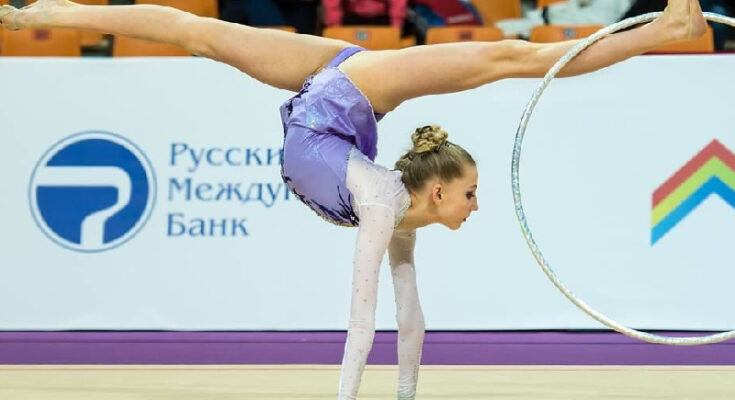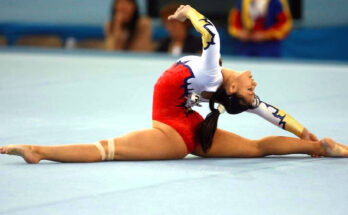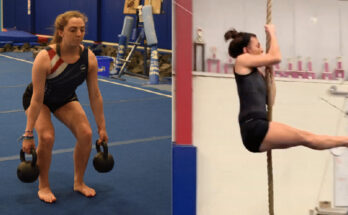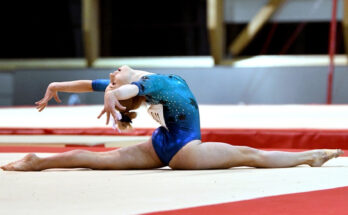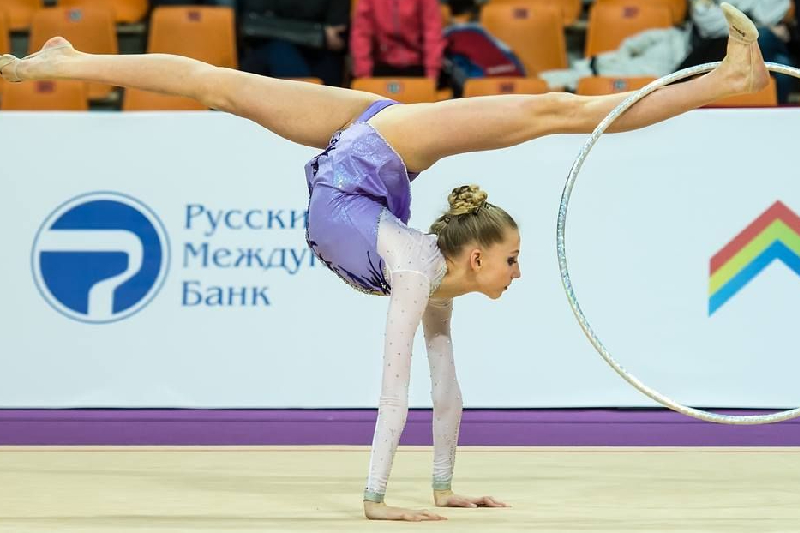
Fujitsu, the Japanese IT titan, is developing 3D embedded sensors that will aid in scoring.
On the other hand, will computers ever be able to replace human judges entirely? A light blinks on the black box, signaling the gymnasts to begin her act. She vaults, lands, & bows to a robotic judge. Her results is already visible mostly on the big screen next to the Olympic spectators as well as millions of supporters at home who have been watching the movie being reviewed in real-time.
This is not a scene of Blade Runner 2049 but instead a hypothetical future image of advanced gymnastics attempting to include artificial intelligence itself into the judging system.
International Gymnastics Federation (FIG) proposes to employ artificial intelligence (AI) to assist in scoring only at Tokyo 2020 Olympic Games (assuming the IOC’s telling time and results partners agree). Fujitsu, the Japanese IT powerhouse, is developing 3D sensing technology. According to Fujitsu, the device will make scoring simpler, assist coaches and players in training, as well as provide broadcast audiences with in-depth, unrivaled coverage, which has Japanese pundits salivating.

Gymnastics has not had to invest any funds in the system because Fujitsu has covered the R&D costs. The company is now assessing and collecting data from procedures in order to calibrate the software, which would be focused on tracking vault equipment since it is used by men and women. What is the objective? FIG wants judging to be a simple go-to option for decreasing scoring delays, documenting every aspect of an athlete’s performance, and avoiding contentious decisions.
“Would a judge’s mental capacity permit him or her to stay coherent over 8 hours a day? It’s impossible to remember a constant set of criteria. “Just the computer can do it,” said former FIG president Bruno Grande.
However, there are some impediments. While the equipment has been under development for years, the rapidity of being employed on the grandest stage should be the cause for alarm. Hackers will see an opportunity to disparage the sport or tamper with results, judges may be withdrawn from the competition, and gymnasts’ inventiveness may be limited.
“Gymnasts were designed to push the skills, trying for new angles, spins, points – however, what occurs when someone comes up with an entirely different performance that has never been seen or identified by the computer?” Olympic champion Nadia Comaneci said only at recent world champs. “How do you rank it?”
The transition comes even as the Japanese government strives for a much more order to enhance, with the approaching Olympics on the home ground offering additional motivation. As part of a Games, Tokyo is planning a robot town, man-made meteor, and self-driving taxis shower, which it says has been the most advanced tool in history. FIG doesn’t like to be excluded from the festivities.
As per FIG technical consultant Steve Butcher, the project’s point man, judges are cautious of the technology which will affect “the way we judge.”

